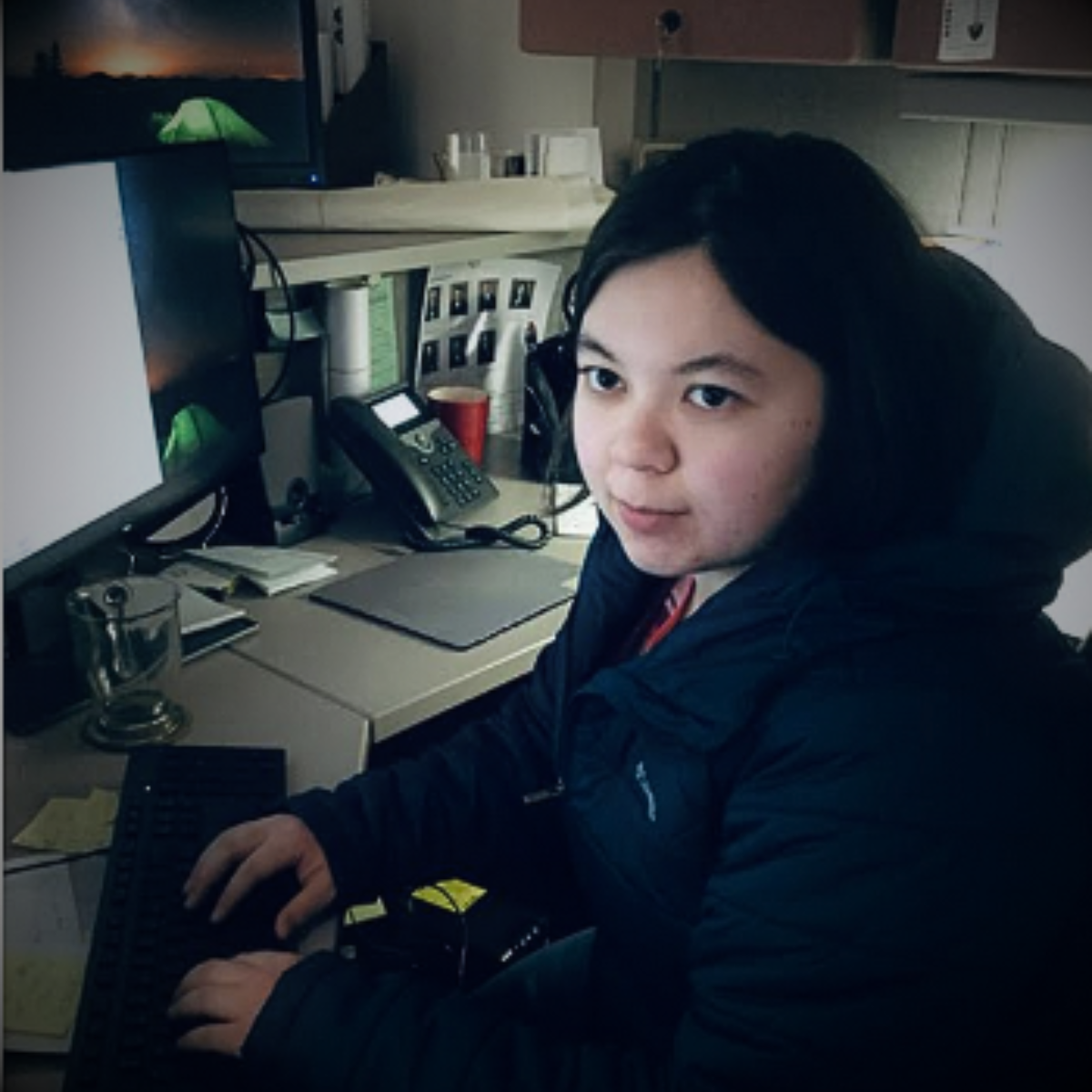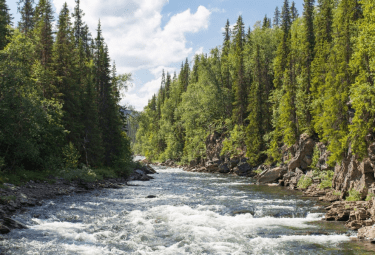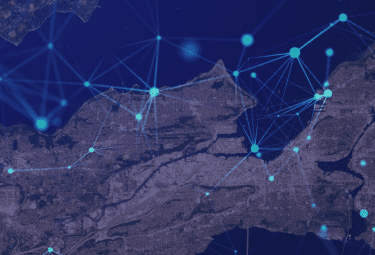Innovation to Impact. See you at the July ESIP Meeting.
Meet the 2025 ESIP Community Fellows
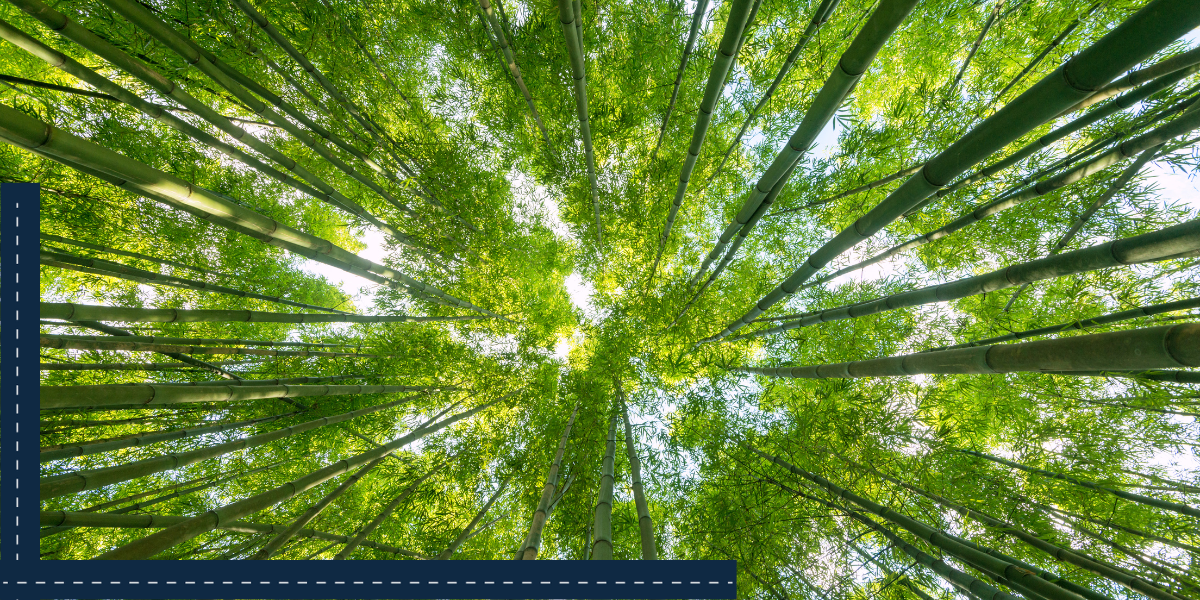
ESIP Community Fellows are graduate students and postdoctoral researchers interested in bridging the gap between informatics and Earth science.
The 2025 Community Fellows will support ESIP's Collaboration Areas and meetings in January and July, helping connect the Earth science data community. Which they do while continuing their research and growing their careers!
This year's class of Community Fellows span many Earth science, information science and data science fields, bringing together a strong team with interdisciplinary interests and enthusiasm.
Bolívar Aponte Rolón | Iowa State University | Data Stewardship
Debasish Mishra | Texas A&M | Soil Ontologies & Informatics
Jaycee Choi | Tufts Univ. | Data Sovereignty
Jeil Oh | UT Austin | Disasters
Joseph Lane | Univ. of Memphis | Physical Samples
Keenan Ganz | Univ. of Washington | Information Technology & Interoperability
Kelsey Huelsman | USGS Intern | Biological Data Standards
Kesondra Key | Indiana Univ. | Envirosensing
Nelofar Qulizada | Univ. of Arkansas | Marine Data
Walid Ouaret | Univ. of Maryland | Open Science
Interested in being an ESIP Community Fellow? Here is how to apply.
Bridging Earth science and data through collaboration
Jeil Oh
Disasters Lifecycle Cluster
Jeil is a Ph.D. student in the Department of Civil, Architectural, and Environmental Engineering at the University of Texas at Austin. His research focuses on developing data-driven solutions for future water systems, utilizing control theory, data science, and machine learning. Specifically, he addresses flood hazards by developing water sensor monitoring networks, bridge flood early warning systems with data assimilation, and real-time control for urban drainage systems.
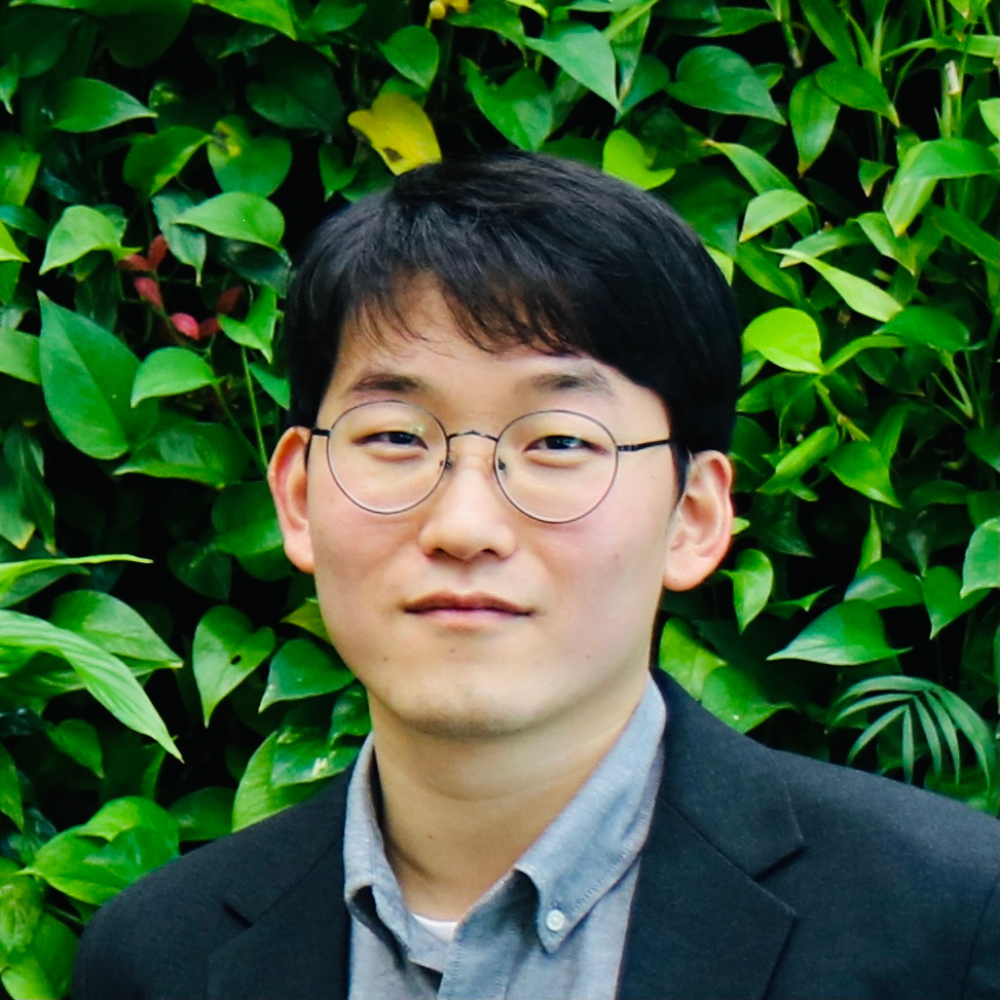
Kesondra Key
Envirosensing Cluster
Kesondra Key is an environmental science PhD candidate at the Paul H. O’Neill School of Public and Environmental Affairs at Indiana University – Bloomington, specializing in data-informed nature-based climate solutions. Her work focuses on plant-climate interactions, forest dynamics, and the role of cover crops in agriculture. In her dissertation research, she investigates near-real-time detection of plant stress during drought using eddy covariance data, with a goal to enhance drought monitoring capabilities.
Another aspect of her work examines forest dynamics to identify the primary drivers of biomass change in eastern U.S. forests. This research seeks to provide a foundation to inform and improve models within a larger project for developing dynamic—rather than static—carbon baselines, thereby supporting more effective carbon markets centered on forests. Additionally, she studies the impact of cover crops on Indiana farms by comparing carbon, water, and energy budgets between fields with and without cover crops. This project, part of a larger initiative, aims to evaluate cover crops as viable nature-based climate solutions within farming practices.
Before her graduate studies, she gained research experience at the Oak Ridge National Laboratory, contributing to projects on climate impacts and wildfire-related air quality.
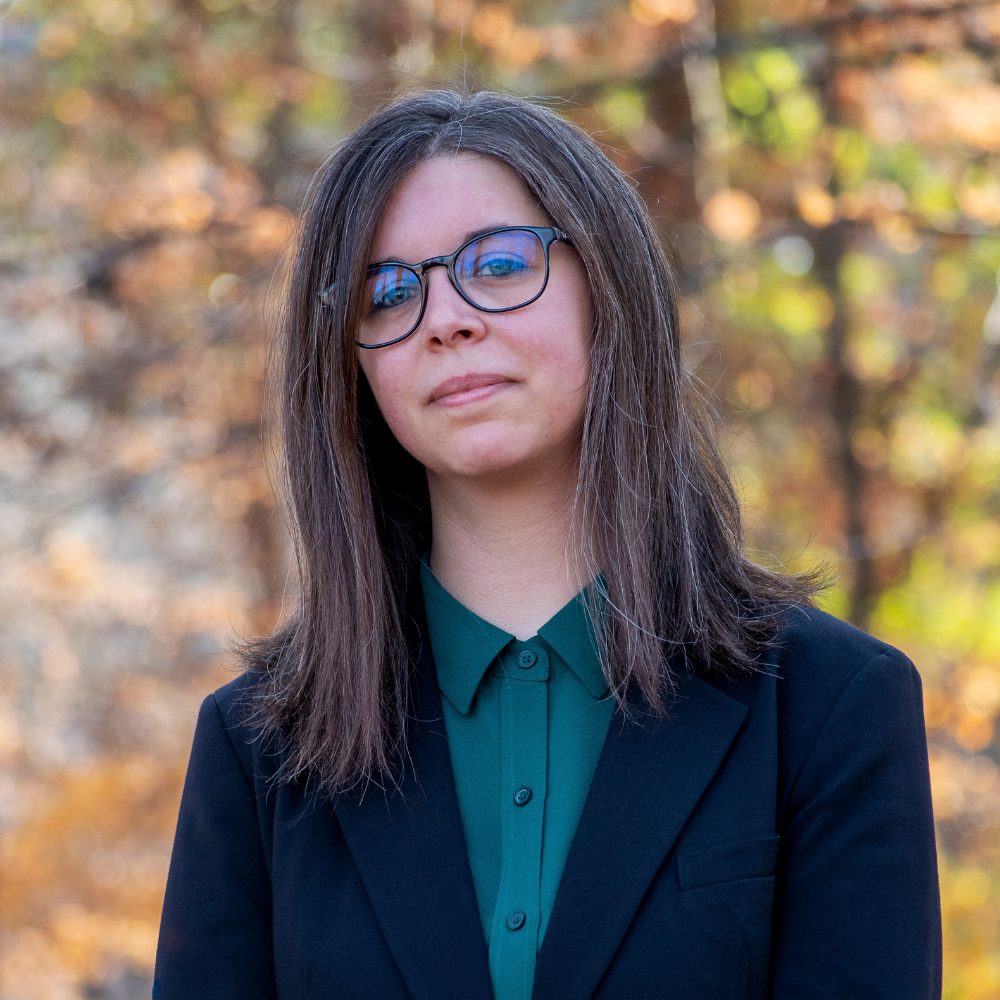
Bolívar Aponte Rolón
Data Stewardship Committee
Bolívar is an ecology and evolutionary biology researcher and data scientist with a PhD from Tulane University and is now doing postdoctoral research at Iowa State University. His work explores microbial fungi within plants, their interactions with hosts, and their distribution across environmental gradients (tropical and alpine ecosystems). He's passionate about reproducible science and open-source software. He strives to empower innovative use and stewardship of data to tackle complex ecological and societal challenges.
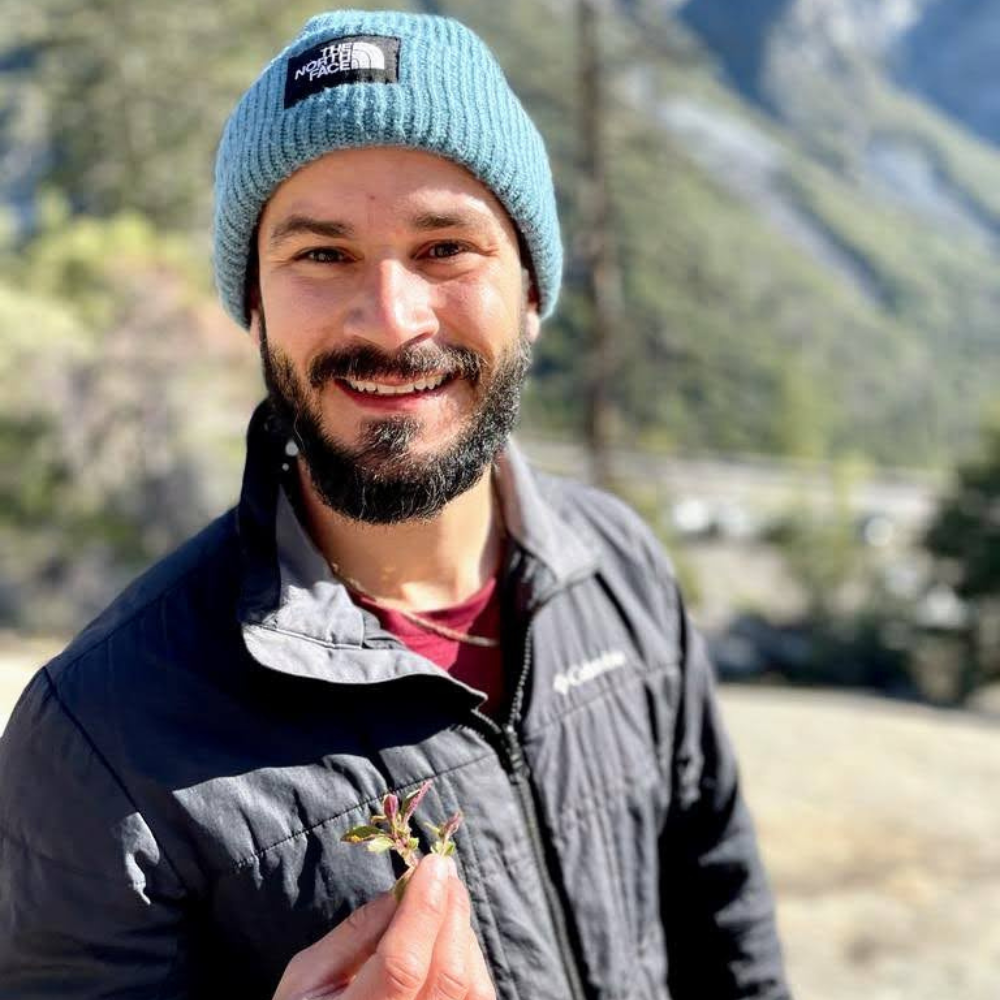
Debasish Mishra
Soil Ontology & Informatics Cluster
Debasish is a doctoral student at the Vadose Zone Research Group at Texas A&M University with specialization in hydrology and soil sciences. His research centers on addressing the pressing issue of climate-induced disruptions in the global water cycle. Debasish's keen interest in studying the thermodynamic aspects of land-atmospheric interactions by utilizing satellite datasets provides a global advantage to understand the changing norms of terrestrial ecosystems.

Keenan Ganz
Information Technology & Interoperability Committee
Keenan is a PhD student in the Remote Sensing and Geospatial Analysis Laboratory at the University of Washington. His research on forest drought integrates data from a variety of sources – lidar, eddy covariance, and satellite – to better understand plant water relations. Currently, Keenan is trying to forecast drought-induced forest mortality in the western US.
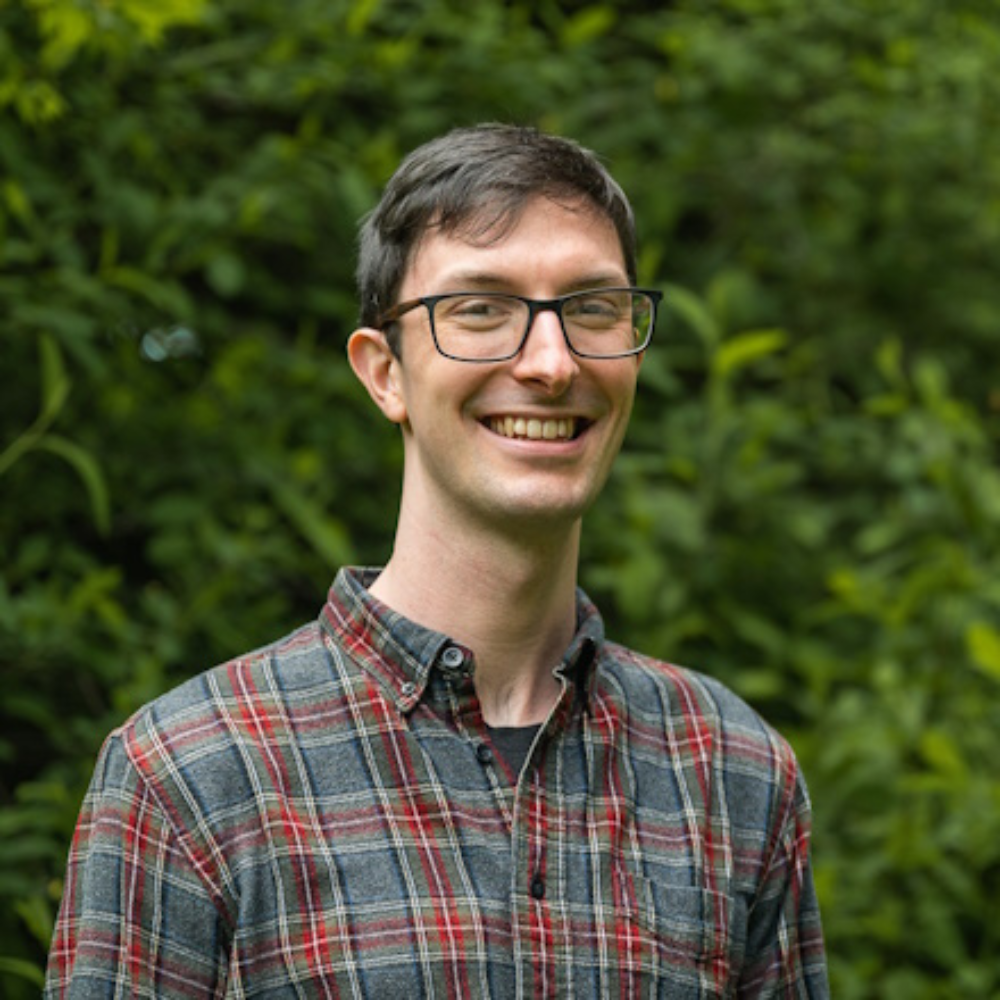
Kelsey Huelsman
Biological Data Standards Cluster
Kelsey Huelsman works with the U.S. Geological Survey through the Oak Ridge Institute for Science and Education Bromery Internship program, where she is examining effects of spatial and taxonomic bias on biodiversity metrics. She recently earned a doctorate in Environmental Science from the University of Virginia, where she studied invaded early and mid-successional plant communities in northwestern Virginia using hyperspectral remote sensing. She brings a unique and complementary perspective to the Biological Data Standards Cluster as a former teacher, a terrestrial ecosystem remote sensing specialist, and a data manager, which will strengthen the foundations upon which open and interoperable biodiversity data depend.
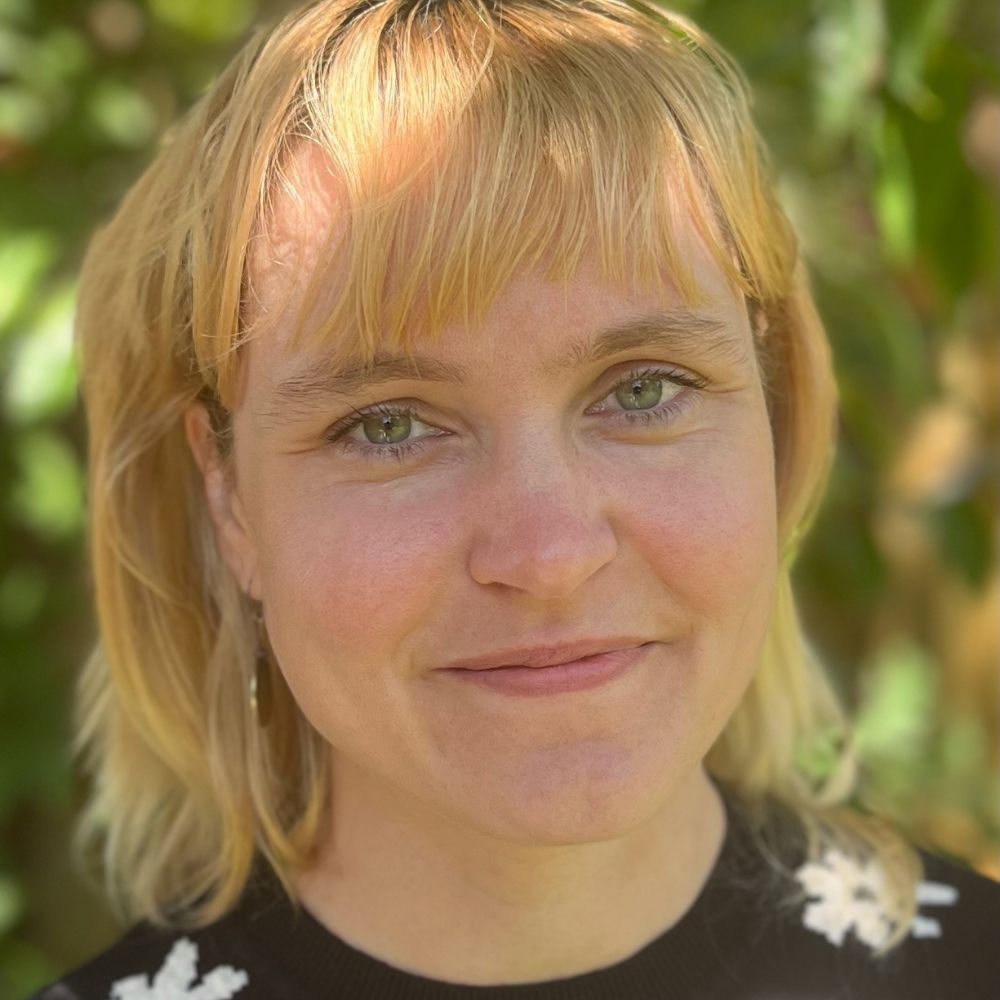
Walid Ouaret
Open Science Cluster
Walid is a PhD candidate in Geographical Sciences at the University of Maryland, dedicated to advancing climate resilience and agricultural sustainability in underrepresented regions like North Africa. His work specializes in mapping land use and land cover, highlighting the region's distinct agricultural systems, such as local cereals cultivation, greenhouse farming, and traditional practices.
Passionate about making science accessible, Walid co-developed a climate and agricultural science curriculum translated into French, Arabic and Berber, equipping scholars and farmers with essential tools for adaptation. His research seamlessly combines advanced climate analytics with cultural insights, using unique indicators like rain rituals to understand climate impacts.
Walid’s interdisciplinary focus connects global challenges with localized solutions, driven by a commitment to meaningful, sustainable change.
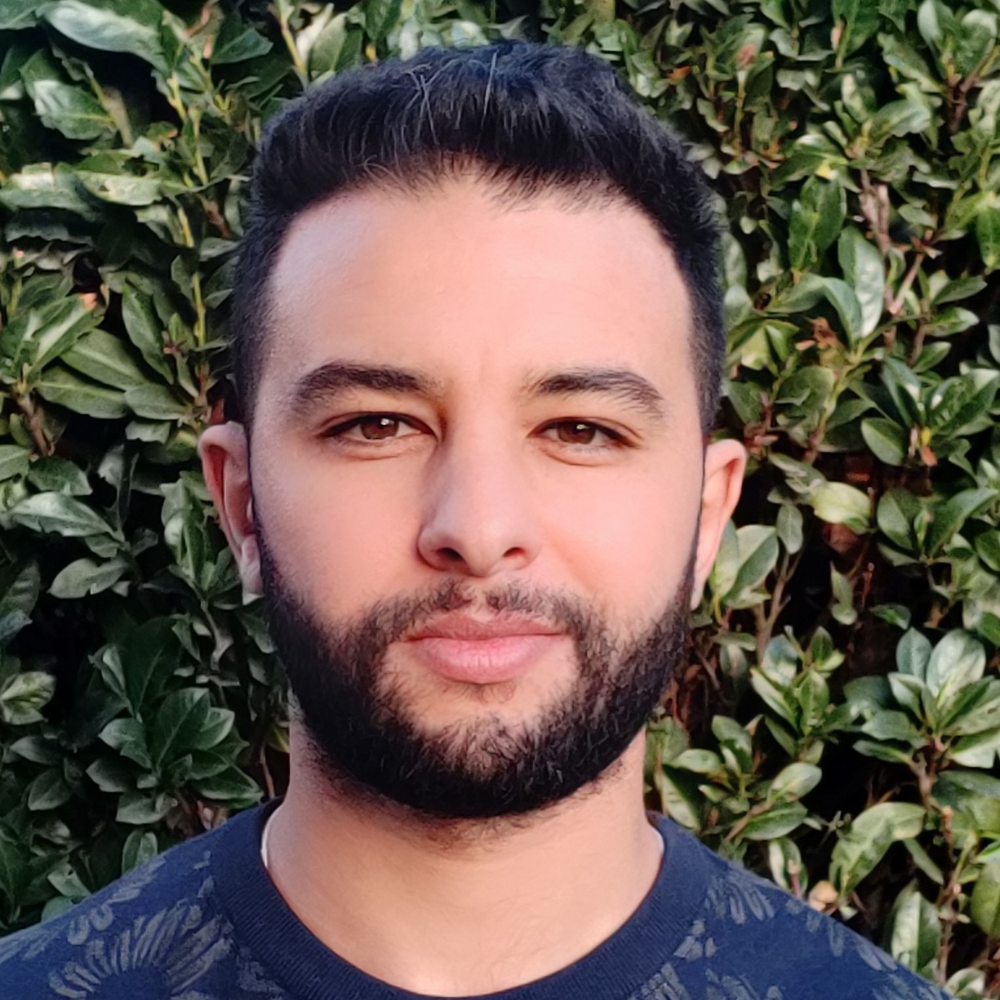
Jaycee Choi
Data Sovereignty Cluster
Jaycee Choi is a PhD candidate in the collaborative Tufts University | The Jackson Laboratory Genetics program. She focuses on applying machine learning and computer vision to study mouse behavior. These computational tools are used to scale behavioral research in more naturalistic assays to investigate diseases such as Alzheimer’s, obesity, and diabetes. One of Jaycee’s goals is to make computational tools and methods more accessible to the general science community to be able to use without requiring expertise in computer science.
Connect with Jaycee on LinkedIn
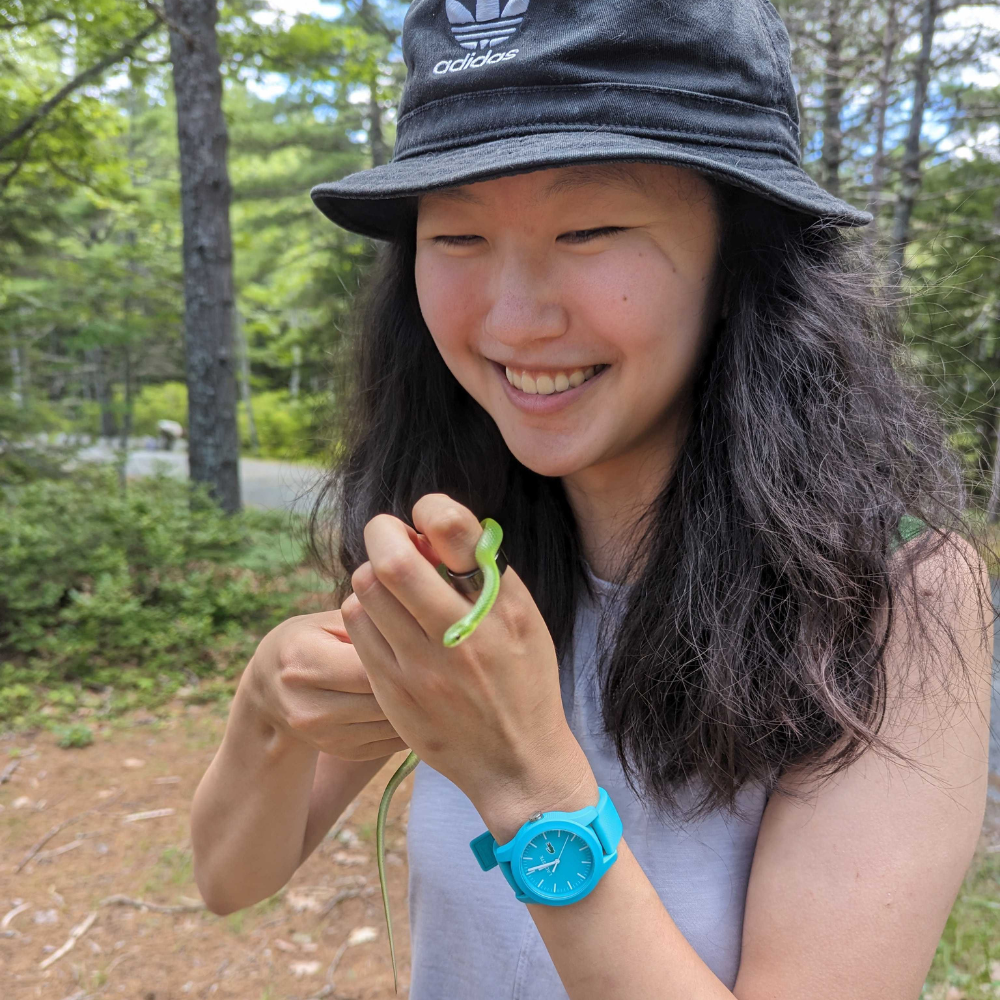
Joseph Lane
Physical Samples Cluster
Joseph Lane is a Ph.D. student at the University of Memphis. His current research centers around the Mississippi embayment. By using detrital zircon geochronology alongside aeromagnetic data, geophysical logs, and geologic core he hopes to resolve the spatial and temporal evolution of the basin. This study will aid in understanding the hydrostratigraphy, groundwater-surface water interaction, and sustainability of the Middle Claiborne aquifer, a vital natural resource to the region. He also serves as part of a small team managing and developing the Mississippi Embayment Research Center, a newly formed core storage facility. Joseph obtained his M.S. from Missouri State University and a B.S. from the University of Wisconsin–Madison.
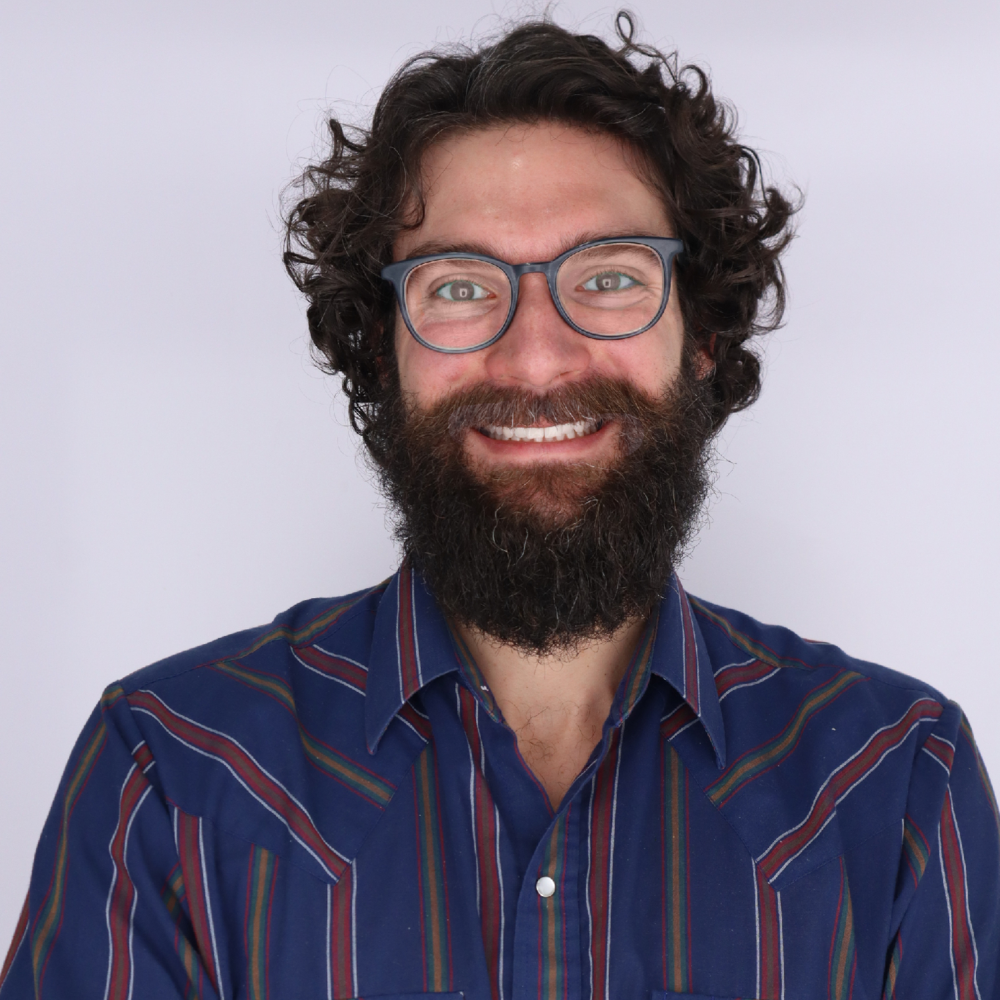
Nelofar Qulizada
Marine Data Cluster
Nelofar is a second-year student in the Master of Science in Geography at the University of Arkansas Geosciences Department and on track to graduate in Spring 2025. Her current thesis research addresses the growing significance of bicycling in urban settings and the challenges in accurately estimating bicyclist counts. The objective is to enhance current methods and improve the placement of counters within Northwest Arkansas. Existing studies often need to provide precise estimates, prompting the need for a more comprehensive approach. Nelofar is particularly excited about potential partnerships bridging the informatics and Earth science gap. Specifically, to integrate her student-led research with collaboration-area activities for an enhanced and ultra-enriching experience in publishing and creating geoscientific content.
